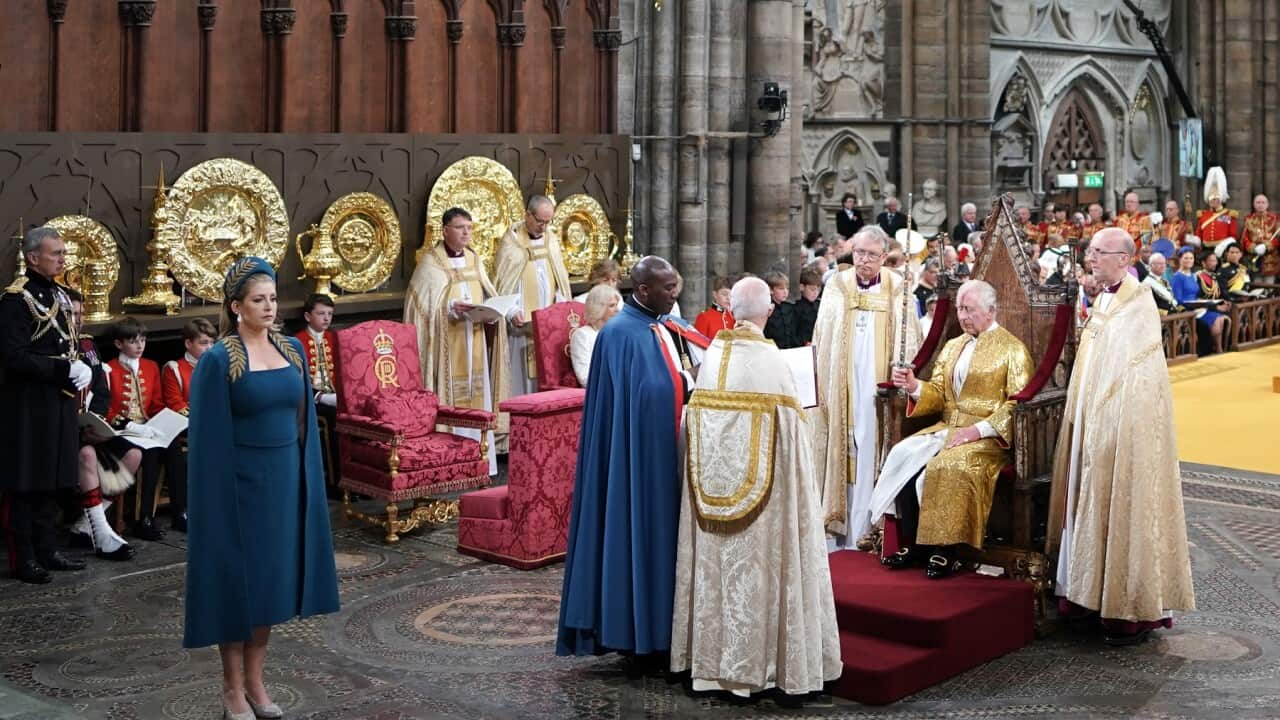Migration agents say the effects of the latest overhaul of Australia's migration program, including the introduction of two regional visas, are just beginning to be felt.
Migration agents like SeekVisa's Ben Watt, says it is becoming increasingly complex for visa applicants to navigate the system due to frequent changes in the last two years to cut the number of permanent residency visas and push more migrants to the regions.
“It really is a brave new world in terms of our migration program in 2020 and I think that the state and federal government's decision to emphasise regional migration is a good thing I just think the implementation... all the changes, very swiftly and without much forewarning and not grandfathering people who have made decisions as to what they were going to study under assumptions that no longer I think the way they've done that is quite distressing,” Mr Watt said. Most recently, the federal government introduced two new regional visas in November as part of its promise to reduce congestion in major cities.
Most recently, the federal government introduced two new regional visas in November as part of its promise to reduce congestion in major cities.

NSW announced that they will commence the 491visa program from Feb 2021 Source: Getty Images
Successful applicants will be required to work and stay in a regional area – considered anywhere in Australia outside of Brisbane, Sydney and Melbourne – for at least three years, at which point they will be eligible for permanent residency.
While the federal government announced the regional push, it is largely up to the states to implement it, as state sponsorship is required for the majority of places.
States governments determine who is eligible for the visa, based on qualifications, profession, age and time spent in the area.
Migration agent Kirk Yan suspected the criteria and quotas set by the states meant the real number of visas issued this financial year would be much lower than the 25,000 set aside by the federal government.
For successful applicants, it’s a daunting road ahead to permanent residency.
Melbourne University graduate Jason, who is originally from China, is among the first recipients of the new regional visas.
Jason, who did not want his last name used, secured Tasmanian sponsorship and the visa in December within one month of submitting his application.
He hopes to find a job in Hobart in finance or accounting, in line with his qualifications, but he told SBS News via email that he is worried about meeting the minimum income threshold of $53,900 a year needed to qualify for permanent residency.
Tasmania was the first state to open applications and has been inundated with applications. Mr Watt said that’s prompted the island state to raise the bar for state nomination just weeks after setting the criteria.
He said he’d been advised that a diploma would no longer be enough to qualify for state sponsorship.
While he supported the push for more migrants to settle regionally he said last-minute changes had created a “state of chaos”.
“That’s just one example of the difficulties for international students in navigating this program that’s run by all these different states, that can stop and change and do whatever they want without any real forewarning,” Mr Watt said.
A spokesperson for Tasmania's Department of State Growth did not confirm that a diploma was no longer enough to get state nomination, but said meeting the basic requirements was no guarantee of securing state nomination in the highly competitive process.
Some of the places previously allocated to the Skilled Independent Visa (subclass 189), which replaced the controversial 457 visas in 2018, have now been redirected to the new regional visa stream.
That’s further reduced the number of permanent resident visa options for migrants. Migration agent Ben Watt predicted the number of temporary visa holders would rise as a result of the government’s squeeze on permanent residency, creating an “underclass” in the major cities.
Migration agent Ben Watt predicted the number of temporary visa holders would rise as a result of the government’s squeeze on permanent residency, creating an “underclass” in the major cities.

Australia's migrant policies change during 2019 Source: AAP
“What is going to happen is you’re going to have a huge number of people based in Sydney and Melbourne without a permanent visa and without a real prospect of obtaining a permanent visa in the near future. Having a large number of people with this indefinite status is problematic not only for them, for their employers, it’s also for their friends and family and Australian society in general.”
Kirk Yan believed potential international students who planned to settle in the same country they study would now think twice about choosing Australia.




